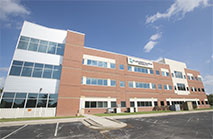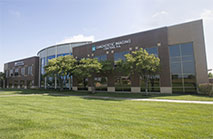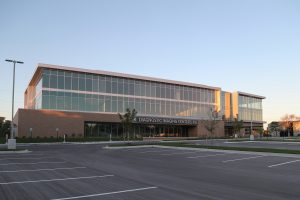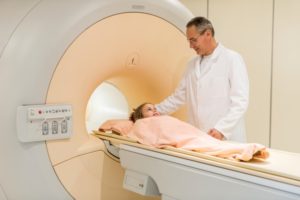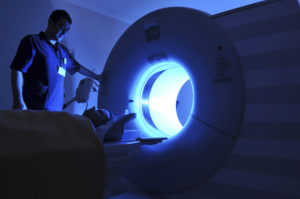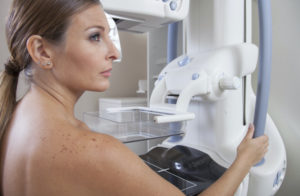Bones: Everyone Has Them, Everyone Needs Take Care!
 Bone Health- it’s not just for little old women!
Bone Health- it’s not just for little old women!
If the word osteoporosis conjures images of stooped women walking with canes and implies “This is something I don’t have to worry about now” – think again!
Osteoporosis is the condition of thinned bones or low bone density which places millions of women and men (yes, men too!) at risk for fractures. Fractures can lead to significant disability – only 15% of patients will be able to walk unaided 6 months after a hip fracture- and even death- 24% of hip fracture patients over the age of 50 die in the year following the fracture – scary facts courtesy of the National Osteoporosis Foundation.
Got your attention?
Maybe not until you realize your bone density and bone health are built in your youth. Diet and exercise can help when you are older (although how much help is debated), but the real time to make healthy, strong bones is before the age of 28. In terms of bone density it’s all downhill after that!
Building good strong bones means a healthy you with a healthy diet with enough calcium and vitamin D and regular exercise including strength training exercises. A bone healthy diet includes dairy, fortified juices or other calcium fortified foods and many leafy greens, like broccoli rabe and kale. If you cannot tolerate dairy, you must be extra vigilant to make sure you are getting enough calcium.
Knowing your risk for osteoporosis is also key. The following can increase your risk for osteoporosis:
- Genetics – it does run in families
- Medications including long term steroid use, some drugs used to treat heartburn, anti-seizure medications and some drugs used to treat breast cancer and prostate cancer
- Diabetes
- Smoking (yep, even affects bone health!)
- Alcohol
- Arthritis, including rheumatoid arthritis and lupus
- Malabsorption syndromes, including those from weight loss surgeries
- Chronic kidney and chronic liver disease
If you are at risk for osteoporosis based on your age or any of the above factors, ask your doctor about getting tested. DEXA is the gold standard in determining your bone mineral density. It is a quick, easy test using low levels of radiation. Your bone density is assessed usually at your spine and hips and compared to healthy young adults and healthy adults your age. Your results will fall in one of three categories: normal (way to go!), osteopenia (which means bone loss but not quite to the level of osteoporosis) or osteoporosis.
So during this month of May and National Osteoporosis Awareness Month, we ask you to spread the word. Bone health is important throughout your life with the foundation for bone health set in your teens and twenties. A healthy diet and regular exercise mean healthy bodies – and strong bones, but starting young is key for your bones!
(Image credit: public domain, via Pixabay)
